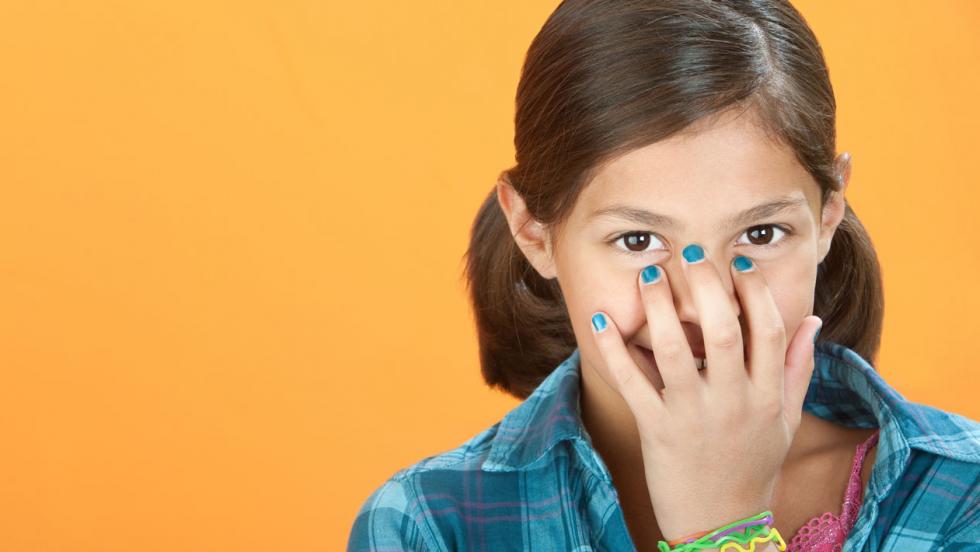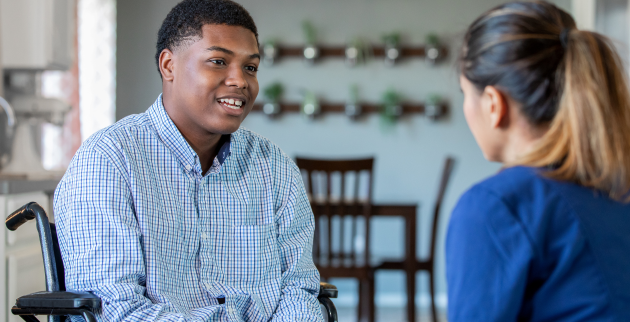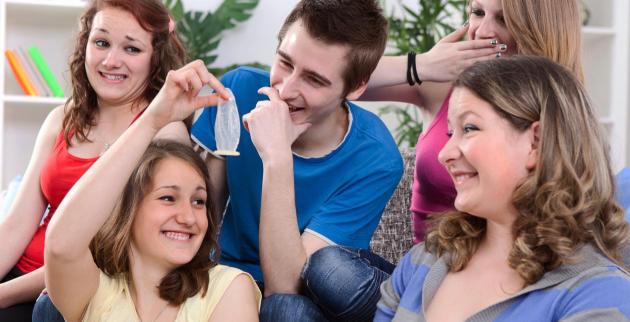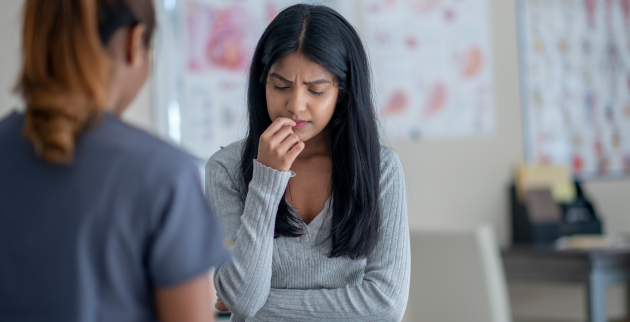Periods

Periods are a part of a monthly cycle where the menstrual lining of the uterus sheds. This is called a menstrual cycle.
The average cycle lasts 28 days, but there is a lot of variation. Periods normally last between 3 and 8 days, but it is most common for them to last for 5.
Crucial: Some things can change how often you have periods, like being ill, or using some kinds of contraception. There is a lot of variation, but if you have concerns (for example, if your periods are heavy or absent), you can get support from your GP.
Starting your periods
Most women have periods, but not all. Having a transgender identity may change whether you have periods or not, but not always. Experience of having periods is very individual, and varies over your lifespan.
About a year after your body starts puberty, your periods will start. The normal range for starting is between 8 and 14. The average age is 11.
If you are worried about periods starting too early or too late, speak with your GP or School Health Nurse.
Instant Expert: Read all about puberty and your periods on the NHS website.
Being prepared
Many people carry sanitary protection (pads, tampons, menstrual cups, etc) when their period is due.
But lots of places are able to provide free sanitary supplies on demand, or in toilets.
If you want advice about the best sanitary protection for you, you can speak to the School Health Nurse Service.
Crucial: Lots of women use a period app to track when their period is due. This provides reminders so you won't be caught out!
Choosing period products
Many people start with pads or period pants. They come in different sizes and shapes, including smaller sizes for teenagers.
You can start using tampons as soon as you like, and many people prefer them.
There are other options including menstrual cups.
Crucial: Your period can also make you feel ill, tired, or stressed. Some people may get cramps, or feel irritable. Find out more from The Mix.
If your periods stop
If your periods have stopped, it is important to talk to a health professional.
There are different reasons why your period can stop:
- If you are having sex, you could be pregnant
- If you are ill, stressed, or have lost a lot of weight
- Some other health conditions can stop periods
Some types of contraception can also stop or change your period.
Crucial: You can get pregnant at any point in your cycle, even when you have your period. Always use contraception.


